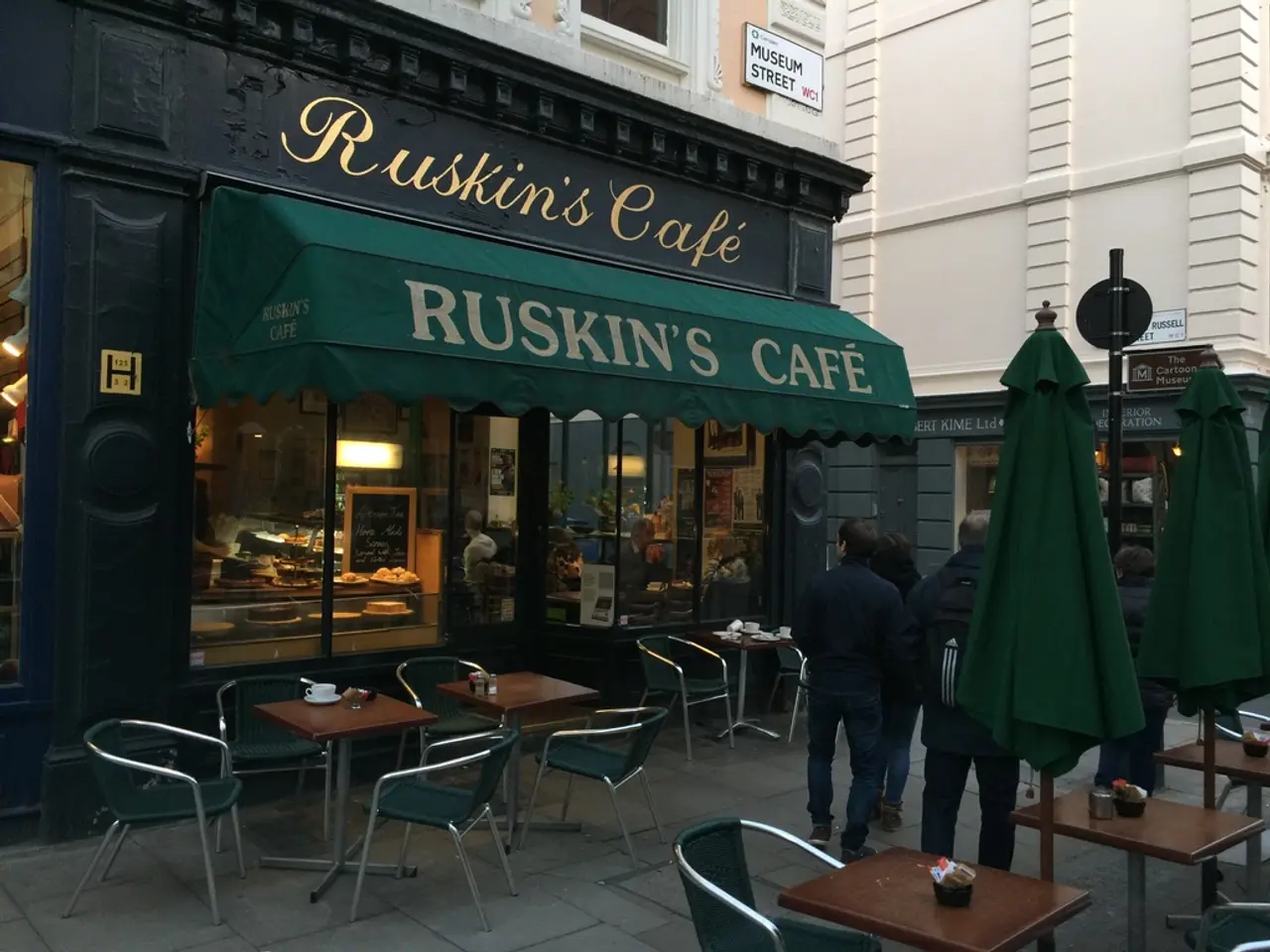North Korea introduces a new tourism resort, targeting specific international travelers.
North Korea is taking steps to gradually reopen its tourism industry, with a strategic focus on Chinese and Russian tourists as key target groups. This cautious reopening comes after the country began easing COVID-19 pandemic restrictions and reopening its borders in phases since 2022.
One of the major developments in North Korea's tourism sector is the opening of the Wonsan-Kalma Coastal Tourist Zone. Initially, this resort, which represents a significant investment by North Korea, will be open to domestic tourists, starting from June 2025. Although the timeline for foreign tourists remains unclear, Russian tourists are expected to visit soon, with the first Russian tour scheduled for July 2025.
The Wonsan-Kalma beach resort, the largest tourist complex in North Korea, is planned to eventually attract Chinese and other foreign tourists to make it economically viable. This resort is likely to be a significant boost for North Korea's struggling economy, as Leader Kim Jong Un seeks to boost tourism to improve economic conditions.
North Korea has also begun selectively reopening borders, such as the Rason Special Economic Zone, to some Chinese passport holders. These are individuals looking to develop tourism partnerships rather than general tourists. This development is seen as a positive step toward resuming international tourism, although tourism for the broader public remains restricted.
A limited number of Russian tourists are slated to enter North Korea for tours that include visiting Pyongyang and skiing in Masik-Ryong. This special arrangement reflects a bilateral agreement between the Russian Far Eastern province of Primorskiy Krai and the DPRK government and may indicate a gradual reopening to foreign tourists, at least from Russia.
While there is no explicit confirmation that Chinese tourists are currently allowed, the plans to eventually accept Chinese visitors at major resorts like Wonsan-Kalma and reopen zones like Rason to Chinese business partnerships strongly suggest that they are a priority target for future tourism expansion.
Despite these openings, North Korea has not yet fully lifted the ban on foreign tourists initially imposed during the COVID-19 pandemic. The government remains cautious due to lingering pandemic concerns, regional tensions, and a desire to control the country's international image.
In summary, North Korea is reopening its tourism industry gradually, focusing initially on domestic visitors and selected Russian tourists, with plans to include Chinese tourists in the near future as part of efforts to revive its economy through tourism growth. The country could potentially turn to Russian and Chinese tourists instead of Western tourists, as ties between North Korea and China remain uncertain, and North Korea is unlikely to fully reopen its borders and embrace Western tourists anytime soon.
[1] North Korea Tourism: Wonsan-Kalma Coastal Tourist Zone to Open for Russian Tourists. (2025, July 1). Retrieved from https://www.northkoreabackpacker.com/news/north-korea-tourism-wonsan-kalma-coastal-tourist-zone-to-open-for-russian-tourists/
[2] North Korea: Tourism Industry Slowly Reopening, Focusing on Selected Russian and Chinese Tourists. (2025, June 30). Retrieved from https://www.reuters.com/world/asia-pacific/north-korea-tourism-industry-slowly-reopening-focusing-selected-russian-chinese-2025-06-30/
- North Korea's tourism industry is planned to attract Chinese tourists in the near future, with major resorts like Wonsan-Kalma Coastal Tourist Zone being a prime destination.
- The Wonsan-Kalma beach resort and other zones, such as Rason Special Economic Zone, are expected to welcome Russian tourists for tours, marking a gradual reopening of North Korea's tourism sector to foreign visitors, particularly from Russia.




